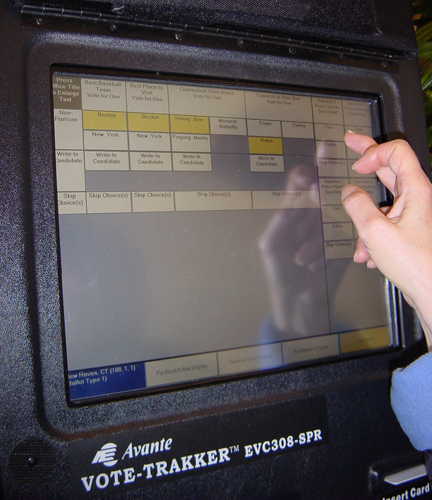VEC told to evaluate e-voting system for disabled

The Victorian Electoral Commission (VEC) has been instructed to closely evaluate how it handles electronically assisted voting (EAV) for voters with disabilities, after an audit of the recent state election showed very low levels of participation.
For the election, the VEC implemented vVote, a modified EAV system for voters with motor impairment, no or low vision and limited English proficiency.
The vVote system was available at 25 early voting centres, as well as in London, where it was used to facilitate overseas votes by Australians located in the city at the time. But it was not available on election day.
A report into the election by the state’s Auditor-General shows very low levels of utilisation — only 1121 electronic votes were processed, and 87% of these were cast in London.
A survey of voters using vVote found that participants had high levels of trust in the system but that the process took longer — particularly for the vision impaired — and was confusing for some voters.
In addition, the audit finds that expanded use of vVote in its current form would pose infrastructure and staff training related issues.
It notes that the VEC has already advised parliament to amend the legislation to allow remote voting by voters currently eligible to use the vVote system.
“In the event that these amendments are not made, VEC will need to determine whether to further refine vVote, provide an alternative EAV system or abandon EAV altogether, the audit states.
“A robust evaluation will assist future decisions about accessible voting technologies.”
Encrypted apps, AI, and cloud surveillance in policing
How Australia and New Zealand will be using technology to fight crime in 2026.
AI policy needs to protect future Australians
The genie is out of the bottle with AI and it's clear what corporate leaders are using their...
Agentic AI could be Australia's productivity superpower if we seize it
Government agencies have an opportunity to lead by example and embrace AI technology to solve...




